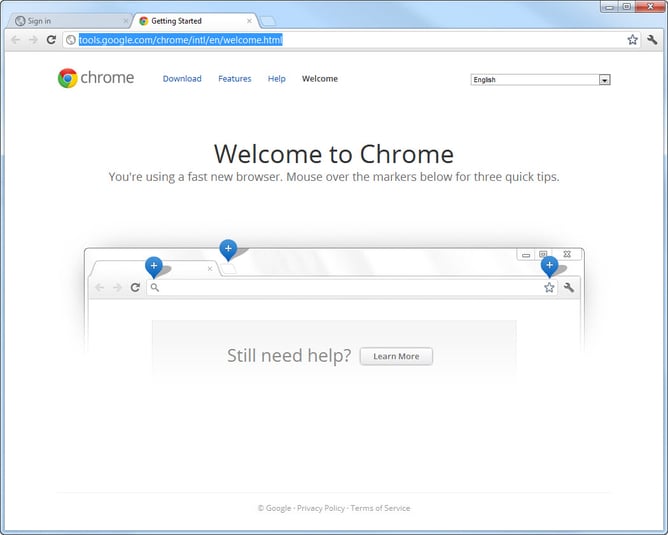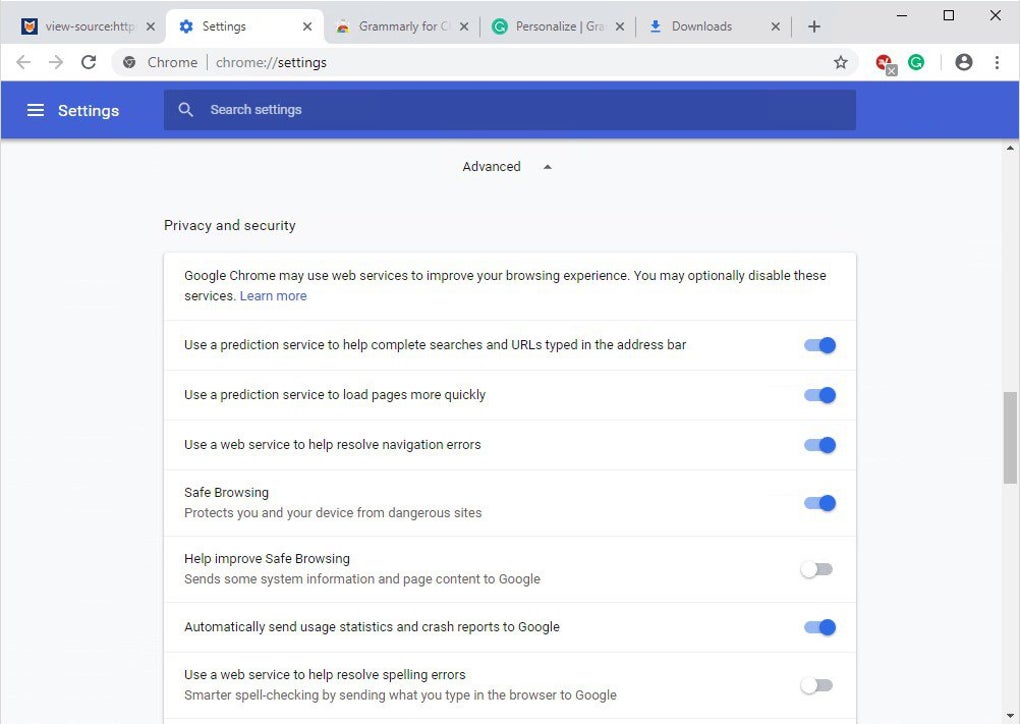
from selenium import webdriver driver = webdriver.Chrome() driver.get(' ') headlines = driver.find_elements_by_class_name("headline") for headline in headlines: print(()) driver.close() It should pop up a Chrome window, take you to the NASA website, and then print out the headlines from that site. Here’s some Python code that you can run to make sure that your setup is working.

If you’re using Conda or Virtualenv, fire up the environment you want to use (if you don’t know what this is, just skip it for now and do some googling later!).Open up your Windows Command Prompt (or cmder if you’re cool).Here’s some instructions on how to do that. c:\selenium like I do), you’ll need to add that directory to your path.

If you choose to store it somewhere else (e.g. It’s easiest to place it in c:\windows because that directory is already a part of the system path. Move the chromedriver.exe file to a permanent home.


 0 kommentar(er)
0 kommentar(er)
